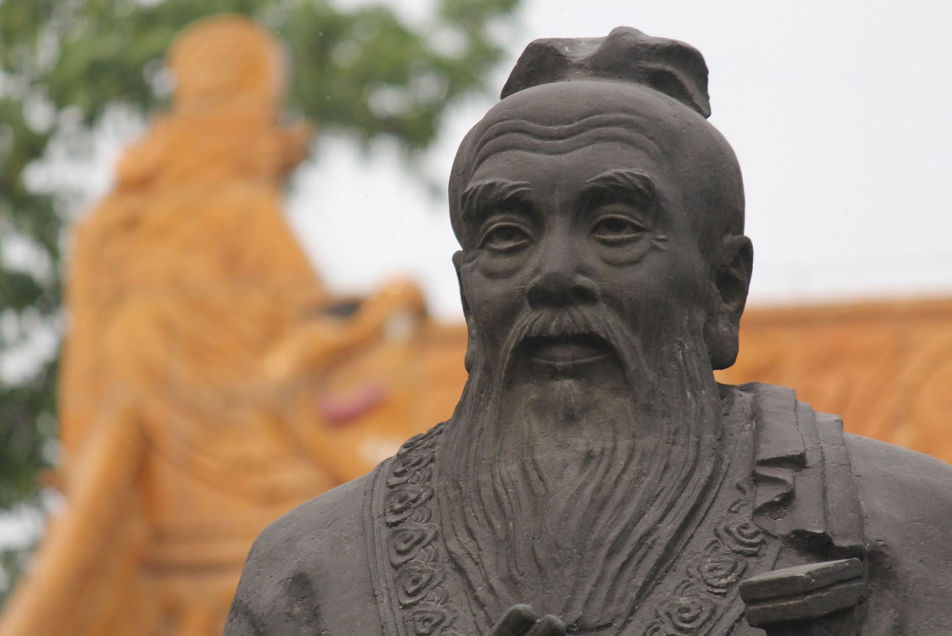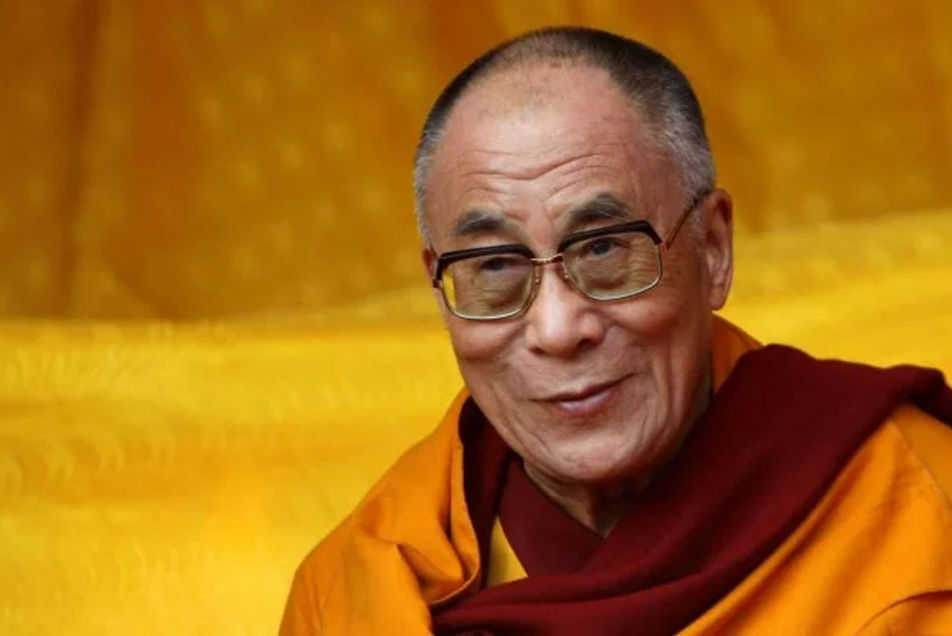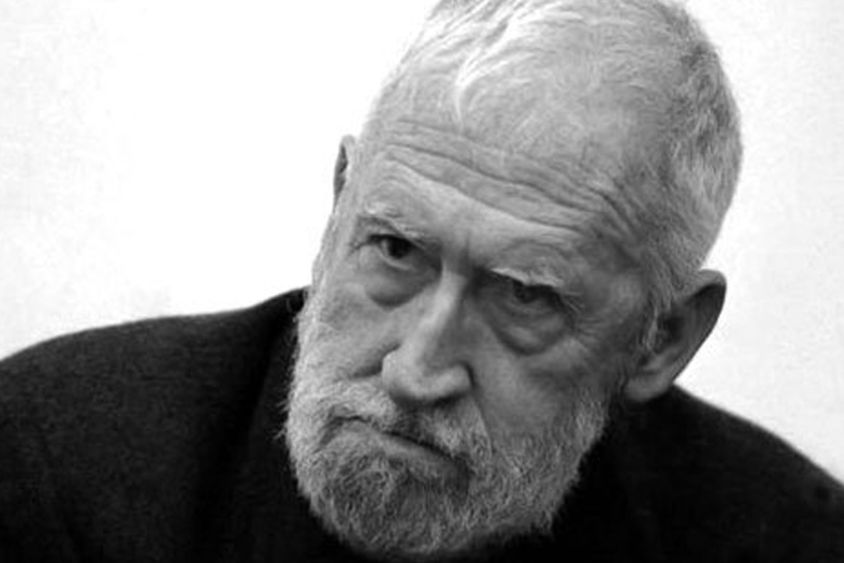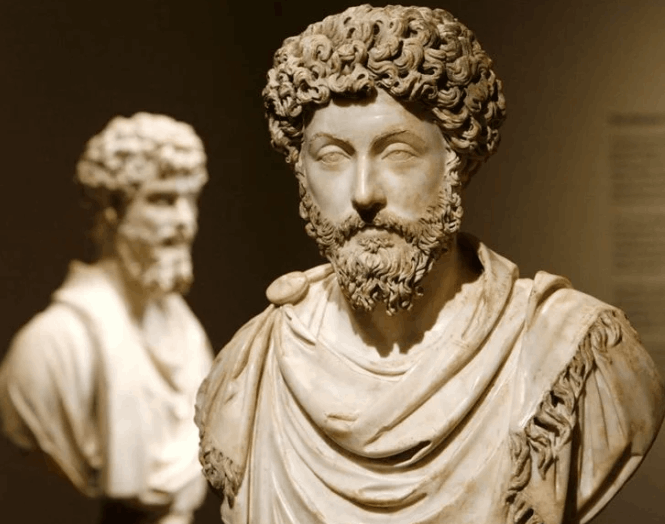Marcus Aurelius, born April 26, 121 AD. in Rome, he was one of the most admired Roman emperors and an outstanding Stoic philosopher. Son of a noble family, he was adopted by Emperor Antoninus Pius, who educated and prepared him to succeed him. Marcus Aurelius became emperor in 161 AD. and ruled until his death on March 17, 180 AD.
In addition to his responsibilities as emperor, Marcus Aurelius is widely recognized for his contributions to philosophy, especially through his work "Meditations". Written in Greek during his military campaigns, this book is a series of personal reflections that reveal the practice of stoicism and the pursuit of virtue and wisdom.
Marcus Aurelius' Stoic philosophy emphasizes the importance of living in accordance with nature, maintaining tranquility of mind in the face of adversity and practicing justice, courage, temperance and wisdom. He believed that true happiness results from accepting the present moment and acting in accordance with reason and virtue.
During his reign, Marcus Aurelius faced numerous crises, including wars and plagues, but he always sought to apply his philosophical principles to govern with justice and humanity. His reflections in the "Meditations" continue to inspire people around the world, offering practical guidance on how to live a meaningful and balanced life.
Marcus Aurelius is remembered not only as a wise and benevolent emperor, but also as one of the great thinkers of the ancient world, whose philosophical legacy endures to this day.



